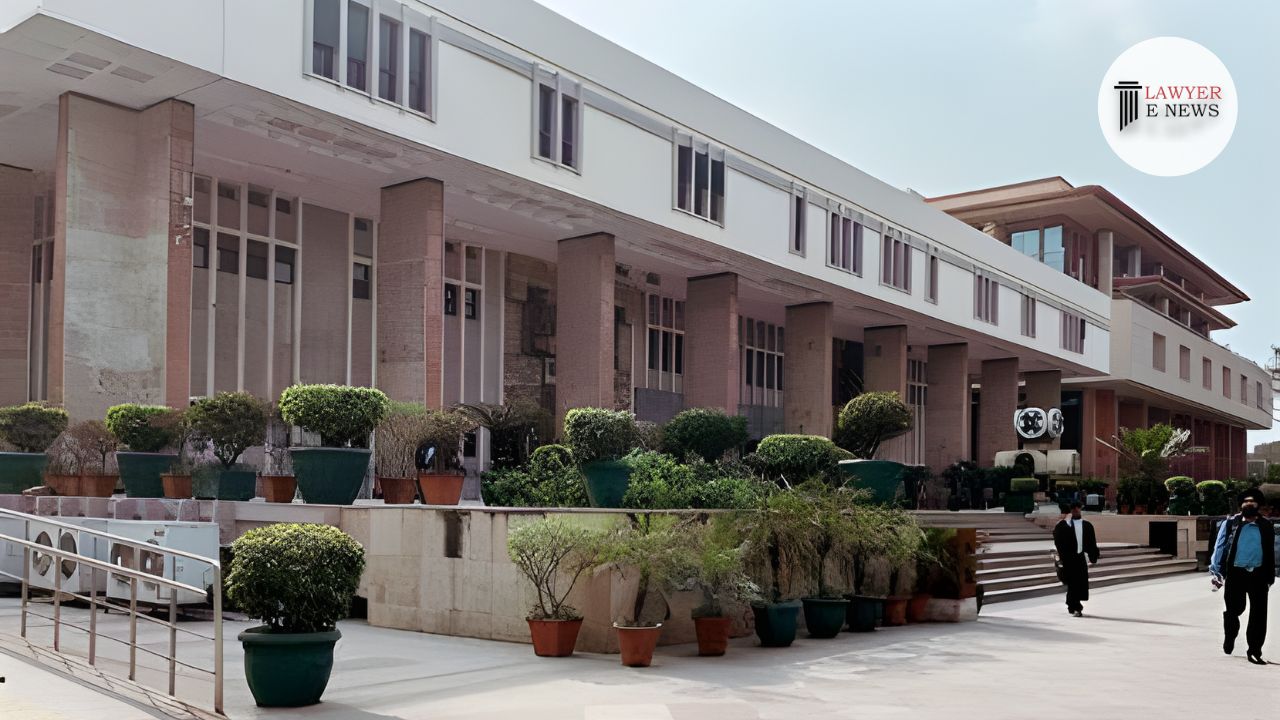-
by sayum
14 February 2026 2:22 PM



The Delhi High Court has modified the life sentences of Bilal Ahmad Mir and four others, all convicted under various provisions of the Unlawful Activities (Prevention) Act (UAPA), the Explosive Substances Act (ESA), and the Indian Penal Code (IPC). The court reduced their sentences to ten years of rigorous imprisonment, citing the appellants' remorse, young age, and potential for rehabilitation.
This case involves five appellants who were accused of conspiring to commit terrorist acts. They pleaded guilty and were convicted by the trial court on charges including Sections 18, 18B, 19, 38, and 39 of the UAPA; Sections 4 and 5 of the ESA; and Sections 121A, 122, and 120B of the IPC. The appellants challenged the extent of their life sentences, arguing they were excessively harsh given their mitigating circumstances.
Plea of Guilt: The court confirmed that the appellants' guilty pleas were voluntary and informed, dismissing contentions that they were akin to plea bargaining.
Sentencing Principles: The court balanced the gravity of the offences with the appellants' mitigating circumstances, including their young age, remorse, and clean antecedents.
Modification of Sentences: The High Court reduced the life sentences for offences under Section 121A of the IPC and Section 23 of the UAPA to rigorous imprisonment for ten years. Other sentences and monetary fines remained unchanged.
The court emphasized the importance of a balanced approach in sentencing, considering both the seriousness of the offences and the potential for rehabilitation. It noted that the appellants had shown genuine remorse and had pleaded guilty at the first available opportunity, saving valuable judicial time. The court also highlighted that the appellants had no prior convictions and expressed a desire to reform and reintegrate into society.
Conclusion: This judgment underscores the Delhi High Court's commitment to fair and balanced sentencing, even in cases involving serious charges like terrorism conspiracy. The reduction in sentences reflects the court's belief in the potential for rehabilitation and the importance of considering individual circumstances. Future actions may include monitoring the appellants' rehabilitation progress and any possible appeals from the National Investigating Agency (NIA).
Date of Decision: May 20, 2024
Bilal Ahmad Mir Alias Bilal Mir Alias Billa And Others vs. National Investigating Agency New Delhi
